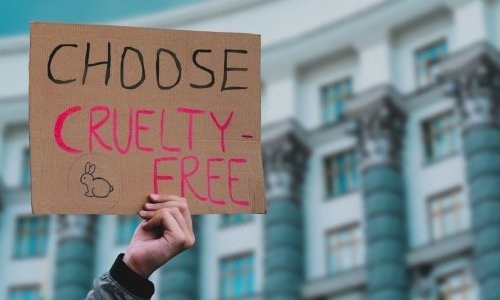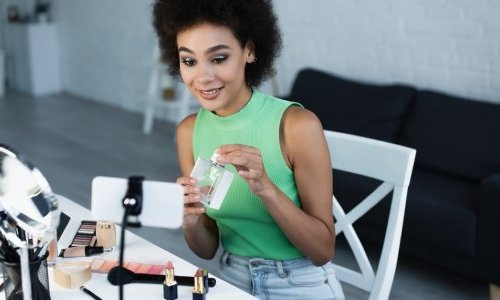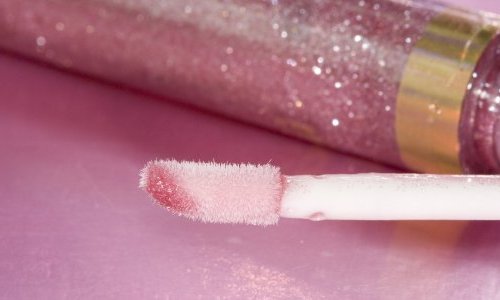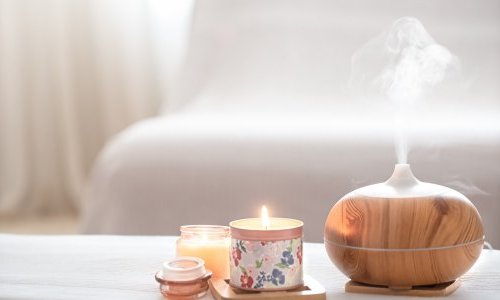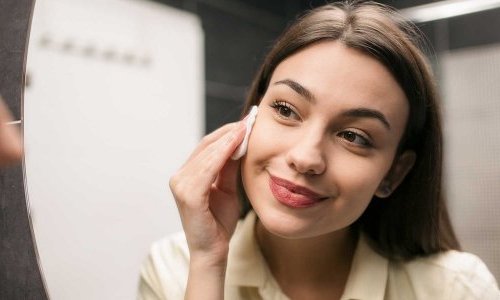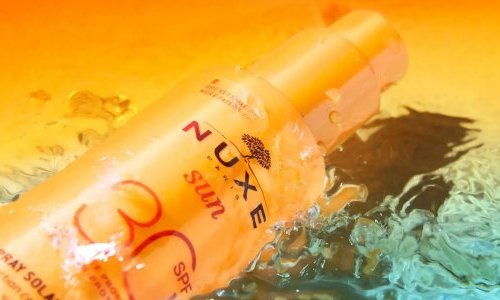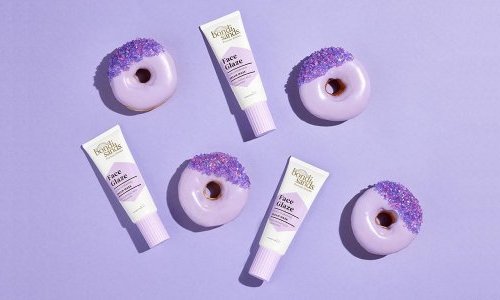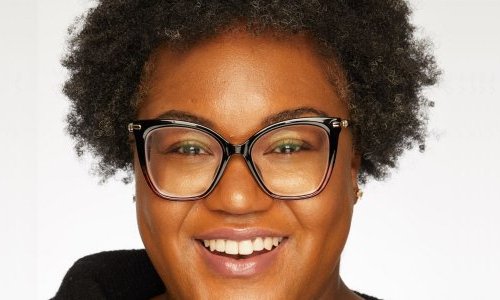
Stephen Weller, IFRA
Premium Beauty News - Can you briefly picture IFRA’s missions?
Stephen Weller - It’s a fact almost universally known that trade associations promote, protect and help the industry professionals they exist to serve. In IFRA’s case, we not only have the role of promoting the industry but also of policing it. This voluntary approach puts us in a difficult position and leads to misunderstanding of what we actually do.
Premium Beauty News - Even within the industry?
Stephen Weller - On one hand, those who know, or are members of, IFRA understand just how hard the organisation works to defend the industry and ensure safe use and enjoyment of fragrances. On the other hand are those who believe that, far from being defender of the industry, IFRA is spoiling the alchemy of the perfumer’s art by banning and limiting the use of certain materials.
Premium Beauty News - Actually, some perfumers apparently consider that things are going too far. They deem other options, less stringent than bans, could lead to similar results for the safety of consumers.
Stephen Weller - IFRA has in fact delivered some very positive results. Far from banning certain materials, IFRA has in fact been protecting them from potential bans.
A material such as oak-moss would have disappeared if it hadn’t been for IFRA. The EU would have abolished it. In fact, thanks to IFRA’s work, many materials are still capable of being utilised as part of the palette of more that 3000 materials which perfumers can employ in their creative art.
There are restrictions on the use of some substances but these are justified when balanced with the safe enjoyment of fragrances for all.
Premium Beauty News - Can you describe us IFRA’s self-regulation system ?
Stephen Weller - It is important to understand the regulatory context in which all manufacturers of consumer products have to operate, not just the fragrance industry. The Scientific Committee for Consumer Safety (SCCS), the advisory group to the EU Commission, and other EU departments may sometimes receive representations from lobby groups including allergy experts and dermatologists, for instance, suggesting a ban or restriction of fragrance ingredients. When that occurs, IFRA and the Research Institute for Fragrance Materials - RIFM - review the data on the substances, gather views from perfumers and form a group to review the situation. If this review of safety data reveals a positive result then further detailed tests are undertaken to investigate the tipping point and establish the level at which the substance could be safely used by most people whilst also maintaining an adequate olfactory profile.
The IFRA Scientific Committee reviews the findings of this research, makes recommendations and issues an IFRA Standard. IFRA recommends the parameters for safe usage.
Premium Beauty News - A criticism we sometimes hear, is that IFRA is supporting large chemical manufacturers by banning natural substances.
Stephen Weller - What makes IFRA a strong and respected organisation, is the fact that IFRA leads the way by issuing its carefully researched Standards. IFRA Standards, which recommend holding usage to a certain level are not mere guidelines; they are mandatory for IFRA members.
The benefits are obvious - for consumers, retailers, manufacturers - right through the supply and usage chain. If an IFRA member develops a perfume, it is deemed safe across Europe and beyond.
For global brands this has hugely important and positive implications. It also means that smaller operators and brands can rest assured on the safety of their products with regards to fragrance materials if they follow the Standards.
For consumers and health professionals it provides a guarantee that the high safety standards are being adhered to.
Finally for perfumers, creative as they are, a restriction shouldn’t have a dampening effect but could be expected to spur them into doing what they do best. All perfumers relish a creative challenge and should do so in a safe and assured fashion using materials from a palette of 3000 substances some of which, without the intervention of IFRA, might otherwise have been thrown out - forever.
Far from being destroyers of the perfumer’s art, IFRA is very much a champion and protector. IFRA helps ensure that this wonderful, creative process can continue to be enjoyed both by the perfumers and by those whose lives are enhanced by the safe enjoyment of fragrances whether these scents are in fine fragrances or everyday household products.
Here are some examples of materials that would have risked being banned [1] by the authorities if it were not for IFRA’s intervention:
![]() Dimethyl Anthranilate (contained in mandarin oil)
Dimethyl Anthranilate (contained in mandarin oil)
![]() Furfural
Furfural
![]() Furocoumarins (affecting all citrus oils containing higher levels of furocoumarins)
Furocoumarins (affecting all citrus oils containing higher levels of furocoumarins)
![]() Lyral
Lyral
![]() Oakmoss
Oakmoss
![]() Tagette (marigold)
Tagette (marigold)
![]() Tree moss (as affected as oakmoss)
Tree moss (as affected as oakmoss)
![]() Verbena absolute
Verbena absolute
![]() Vetiveryl acetate
Vetiveryl acetate



